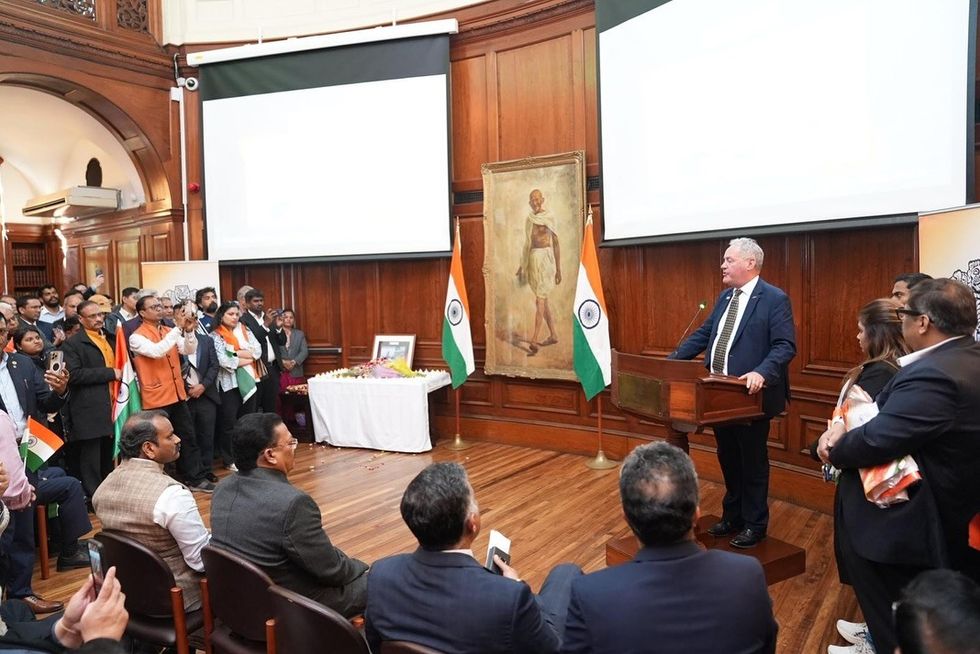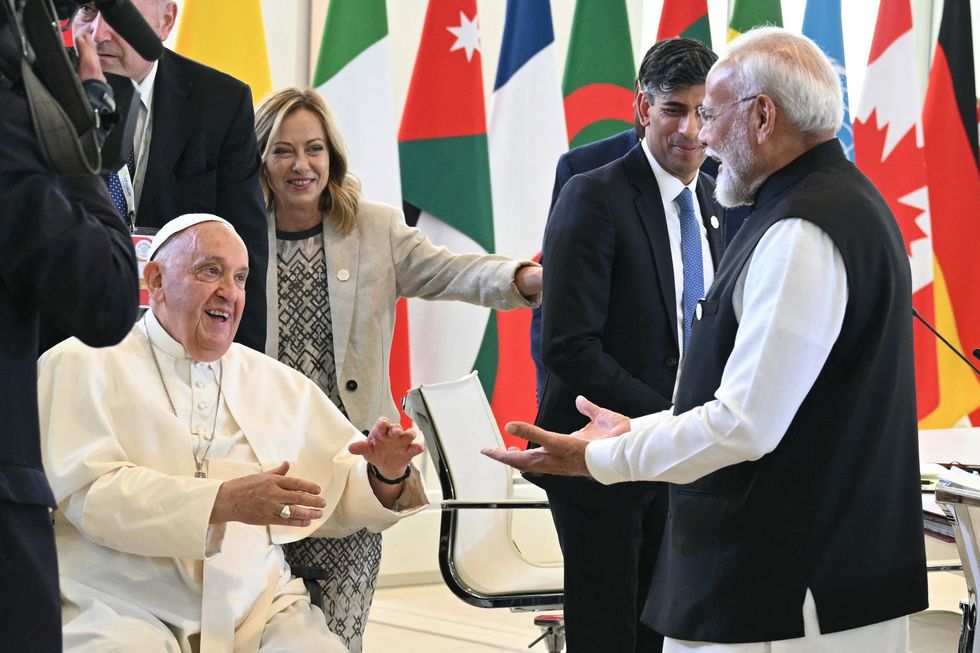Social exclusion has emerged as the leading factor in creating violent jihadists, according to a new international study.
A team of researchers, including from University College London (UCL), used medical science and neuroimaging techniques to map how the brains of radicalised individuals respond to being socially marginalised.
The findings, they claim, confirm that exclusion is a leading factor in creating violent jihadists, The Observer reported.
The findings challenge the common belief among Western policymakers that other variables, such as poverty, religious conservatism and even psychosis, are dominant drivers of radicalisation.
"This finally dispels such wrongheaded ideas," said Nafees Hamid, the study's co-lead author of UCL.
"The first ever neuroimaging study on a radicalised population shows extreme pro-group behaviour seems to intensify after social exclusion," he said.
Using ethnographic fieldwork and psychological surveys, researchers identified 535 young Muslim men in and around Barcelona, the Spanish city where in 2017 Islamic State (IS) supporters killed 13 and wounded about 100 people in the Las Ramblas district.
Of those identified, 38 second-generation Moroccan-origin men, who had "expressed a willingness to engage in or facilitate violence associated with jihadist causes", agreed to have their brains scanned.
The results showed a striking effect when they were socially excluded by Spaniards while playing a virtual simulation called Cyberball, a ball toss game with three other players who abruptly stopped throwing them the ball.
Later scans showed that the neurological impact of being excluded meant that when issues were raised that the individual had not previously considered inviolable – such as introducing Islamic teaching in schools or unrestricted construction of mosques – they became far more important and were deemed similar to "sacred" and worth fighting for.
Previous research by the team on Israel-Palestinian, India-Pakistan and Kurds-ISIS conflicts had also found that when values deemed "sacred" are violated hostility becomes intractable.
"This latest research has shown how values start to become sacred and indicates that social exclusion makes non-sacred values behave like sacred values, which in turn makes people recalcitrant and prone to violence," Hamid told the newspaper.
He wants the study, a multi-university project involving scientific research organisation Artis International and partly funded by the US Department of Defence, to be used to help ensure social exclusion was factored into policies to prevent radicalisation.





 Bob Blackman MP speaks during the event
Bob Blackman MP speaks during the event












 Pope Francis greets Narendra Modi on the sidelines of the G7 summit near Bari, Italy, in June last year, as Italian prime minister Giorgia Meloni and then British prime minister Rishi Sunak look on
Pope Francis greets Narendra Modi on the sidelines of the G7 summit near Bari, Italy, in June last year, as Italian prime minister Giorgia Meloni and then British prime minister Rishi Sunak look on